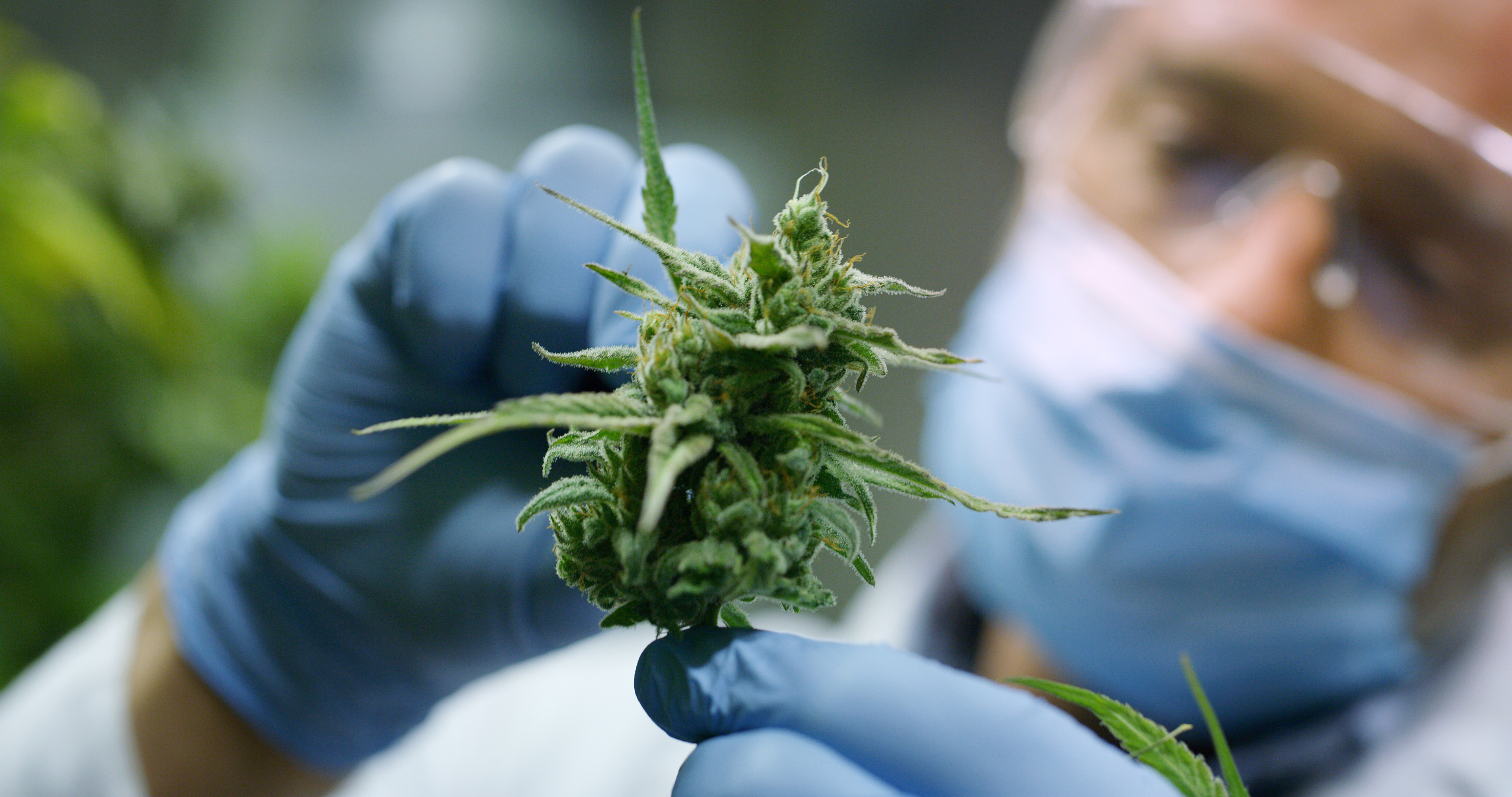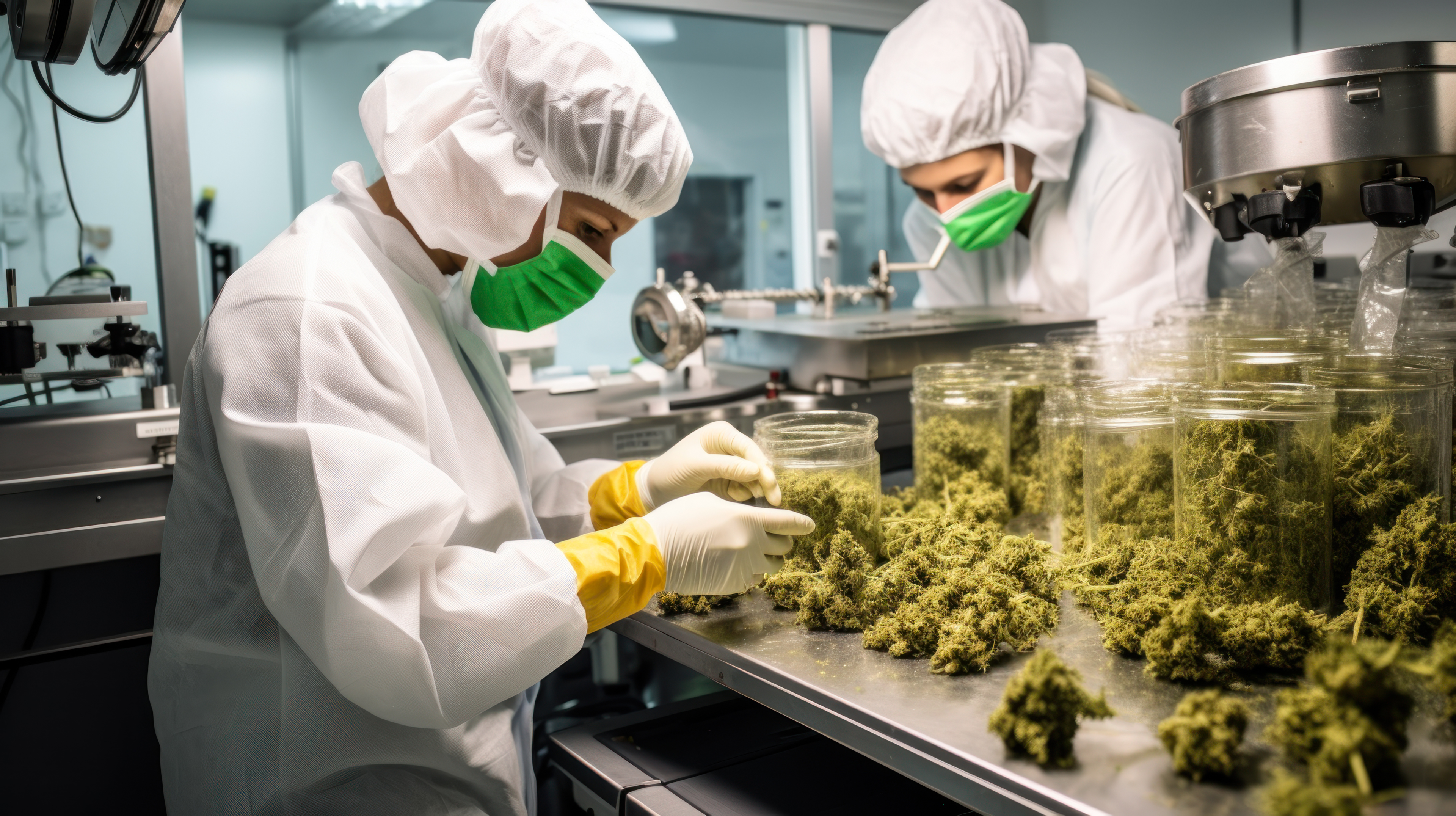
Introduction to Cannabis Studies
In the past decade, the cannabis industry has witnessed a remarkable surge in scientific interest, with over 30,000 papers published on various aspects of the cannabis plant.
This explosion of cannabis research represents approximately 70% of all cannabis-related studies ever conducted, marking a significant shift in the scientific community’s approach to this once-stigmatized plant.
These impressive numbers were brought to light by NORML (National Organization for the Reform of Marijuana Laws), highlighting the organization’s pivotal role in advocating and tracking the progress in cannabis research.
The involvement of NORML in producing these research numbers underscores the growing legitimacy and importance of cannabis studies in the scientific and medical communities. As a leading advocate for the legalization and responsible use of cannabis, NORML’s acknowledgment of this research boom not only validates the plant’s potential but also reflects a broader societal shift towards accepting and understanding cannabis in various contexts.
This burgeoning field of study opens up new possibilities for medical cannabis, cannabis industry innovations, and a deeper understanding of the cannabis plant itself.
The Impact of Medical Cannabis on Modern Medicine

One of the most significant areas of growth in cannabis research has been in the field of medical cannabis. Clinical trials and clinical research have increasingly focused on the medical uses of cannabis, particularly in treating conditions like chronic pain, and certain pain conditions.
The findings from these studies have not only expanded our understanding of the cannabis plant but also opened new avenues for treatment and therapy.
Overcoming Challenges in the Journey of Medical Cannabis
The path to recognizing and legalizing medical cannabis has been filled with challenges and hurdles. In the early stages, the biggest obstacle was overcoming the stigma associated with cannabis. For decades, cannabis was primarily viewed through the lens of drug abuse and criminal activity, making it difficult for policymakers and the public to see its potential medicinal benefits.
Even as scientific evidence began to mount, showing the efficacy of cannabis in potentially treating various ailments, legal and regulatory barriers remained significant. The classification of cannabis as a Schedule I drug under federal law in the United States, for instance, has been a major impediment to both research and legalization efforts. This classification implies that cannabis has a high potential for abuse and no accepted medical use, despite growing evidence to the contrary.
In many states, advocates for medical cannabis have had to work tirelessly to educate lawmakers and the public about the benefits of cannabis. This often involved presenting evidence from clinical trials and testimonials from patients who benefited from cannabis treatment. The process of changing laws and public opinion has been slow and incremental, with each state having its unique journey towards legalization.
The Fight Continues
Today, while many states have legalized medical cannabis, the landscape remains complex and varied. In some regions, medical cannabis is widely accepted and easily accessible, while in others, patients face significant hurdles in obtaining it.
The ongoing challenges include restrictive state laws, limited availability of cannabis products, and ongoing concerns about regulation, safety, and the potential for drug abuse.
Despite these challenges, the progress in the field of medical cannabis is undeniable. As more states and countries continue to explore legalization and as the body of cannabis research grows, the future of medical cannabis looks increasingly promising.
This evolution not only represents a shift in medical treatment options but also reflects a broader change in societal attitudes towards the cannabis plant.
Cannabis Studies: A Closer Look at the Numbers
The sheer volume of cannabis studies conducted in the last decade is staggering. With topics ranging from the cannabis sativa species to the efficacy of cannabis products in clinical trials, the scope of research is vast. This increase in study cannabis activities reflects a growing interest in the cannabis plant both as a medicinal agent and a subject of scientific inquiry.
Expanding Horizons in Cannabis Research
This remarkable increase in cannabis studies also signifies a shift in the research community’s focus. Initially, much of the cannabis research was centered around understanding the risks and potential drug abuse associated with cannabis.
However, recent studies have broadened their scope, delving into the potential therapeutic benefits, cannabinoid interactions, and even the cannabis plant’s impact on mental health conditions. Researchers are now exploring how different strains and compositions of cannabis can be tailored to treat specific diseases, a concept that was nearly unthinkable a few decades ago.
Moreover, the advancement in cannabis research has been fueled by technological progress in areas like genetics and cultivation techniques. This has allowed scientists to study the cannabis plant in more detail, leading to discoveries about the plant’s complex chemistry and how it interacts with the human body.
The growing body of knowledge is not only crucial for the medical field but also for the cannabis industry at large, as it guides cultivation, product development, and consumer education.
As cannabis research continues to evolve, it is expected to uncover even more insights into the plant’s potential, further solidifying its role in both medicine and society. The ongoing studies are not just a testament to the scientific community’s curiosity but also to the changing societal perceptions of cannabis.
The Role of Cannabis Studies Program and Education

The rise in cannabis research has also led to the development of various educational programs, including the cannabis studies program and cannabis studies certificate. These programs, offered by numerous institutions, are designed to educate students about the science, cultivation, and business aspects of the cannabis industry. They play a crucial role in preparing the next generation of cannabis experts and professionals.
Enhancing Cannabis Research Through Education and Programs
The significance of furthering cannabis research and providing resources for in-depth study cannot be overstated. Educational programs in cannabis studies are not just about imparting knowledge; they are about fostering a new generation of scientists and professionals who can contribute to the field of clinical research and science.
These programs are essential in cultivating an informed and skilled workforce that can navigate the complexities of the cannabis industry and contribute to its growth and innovation.
Institutions and organizations have recognized the importance of supporting cannabis research. By providing grants and funding opportunities, they are enabling a more thorough and diverse exploration of the cannabis plant and the therapies it may assist in. This support is crucial in uncovering new potential medicinal properties and applications of cannabis and THC, which could have far-reaching implications for healthcare.
And with a closer eye on how they can be applied, we can be made aware of the effectiveness (or not) of utilizing cannabis and THC in approved trials and treatment protocols.
Furthermore, the expansion of cannabis studies and related educational programs opens up a wide range of careers in science, clinical research, and the cannabis industry. From cultivation experts to cannabis product developers, the opportunities are vast and varied. This not only contributes to the economic growth of the cannabis industry but also ensures that the sector is driven by informed, ethical, and innovative practices.
As cannabis research continues to break new ground, the role of education and training in this field becomes increasingly vital. By investing in these areas, we are paving the way for a future where cannabis is not only better understood but also more effectively utilized for its therapeutic benefits.
Cannabis Industry: Economic and Therapeutic Potential

The cannabis industry has grown exponentially alongside the increase in cannabis research. This growth is not just in terms of economic impact but also in the development of new cannabis products and therapies. The industry’s expansion has led to increased employment opportunities and has had a significant effect on state and national economies.
Broadening Horizons: Cannabis Industry’s Role in Economy and Healthcare
The cannabis industry’s growth extends beyond more than just numbers; it signifies a paradigm shift in how we view and utilize cannabinoids. These compounds found in the cannabis plant have shown great potential in aiding a variety of conditions, offering a new hope to patients worldwide.
As research continues to uncover the therapeutic benefits of different cannabinoids, the cannabis industry is poised to offer innovative solutions to longstanding medical challenges.
This industry’s expansion is also a boon for the business world. From cultivation to product development, the cannabis industry is creating diverse employment opportunities. These range from agricultural jobs in cultivation to advanced positions in cannabis research and product formulation. The growth in cannabis-related careers is a testament to the industry’s robustness and its capacity to contribute significantly to the economic landscape.
Moreover, the evolving regulatory environment, particularly with the involvement of organizations like the FDA, is shaping the cannabis industry’s future. As regulations become more defined and cannabis products undergo more rigorous testing and approval processes, consumer confidence is likely to increase, further driving industry growth.
The cannabis industry has the capacity to help people, create jobs, and make a positive impact on healthcare while offering business and careers to those that want to be involved. From cultivation, teaching students the science of cannabis, aiding in regulation, experimenting on treatment protocols, clinical trials, and simply being involved in research, the opportunities are endless for those wanting to be in cannabis.
Educational programs and institutions are responding to this demand by offering specialized courses in cannabis studies, thereby preparing a skilled workforce ready to contribute to this dynamic field. As the cannabis industry continues to evolve, its impact on both the economic and healthcare sectors is expected to be profound and far-reaching, offering exciting possibilities for the future.
The Science Behind the Cannabis Plant

Understanding the cannabis plant involves more than just recognizing its potential for medical use. Researchers have delved into the genetics, cultivation techniques, and cannabinoid profiles of various cannabis strains. This research has been crucial in advancing our knowledge of how different strains can be used for specific medical conditions.
Advancing Knowledge and Science in Cannabis Research
The exploration of cannabinoids, the active compounds in the cannabis plant, has been a key focus for researchers. These compounds, which include THC and CBD, have shown potential in treating a range of health conditions.
For example, CBD has gained attention for its therapeutic properties without the psychoactive effects associated with THC. This distinction is crucial in the legal and medical realms, as it influences approval processes and public perception.
The advancement in cannabis science has also been instrumental in shaping educational programs. Students pursuing studies in cannabis-related fields are now equipped with a more robust and scientific understanding of the plant. This knowledge is vital for those looking to enter the cannabis business, as it enables them to make informed decisions and contribute meaningfully to the industry.
Furthermore, the legal landscape surrounding cannabis has been significantly influenced by scientific discoveries. As researchers continue to establish the health benefits and potential risks of cannabis, lawmakers are provided with evidence-based insights to guide drug policies and regulation. This evolving legal framework is crucial for the cannabis business, as it determines market accessibility and consumer safety.
In summary, the science behind the cannabis plant is not just about understanding its components but also about applying this knowledge in practical and impactful ways. Whether it’s in healthcare, legal, or business sectors, the insights gained from cannabis research are shaping the future of the industry and contributing to a more informed and responsible approach to cannabis use and cultivation.
Regulatory Landscape and Cannabis Research
The legal landscape surrounding cannabis has been a major driver in the increase of cannabis research. With more states and countries legalizing medical marijuana and cannabis for recreational use, there has been a greater need for scientific data to inform policy and regulation. This has led to a more focused approach in research, particularly in areas concerning drug abuse, safety, and efficacy.
Navigating Legal Challenges in Cannabis Studies
As cannabis studies continue to expand, researchers are increasingly conducting placebo-controlled and double-blind trials to meet the rigorous standards of scientific inquiry. These types of studies are essential in establishing the therapeutic benefits and potential risks of cannabis and its cannabinoids. The results from these studies have been instrumental in shaping public opinion and policy, particularly in the realm of medical marijuana.
The role of regulatory bodies like the FDA has been crucial in this context. Their involvement in the approval process for cannabis products ensures that any therapeutic claims are backed by solid scientific evidence. This is particularly important when considering compounds like THC, which have psychoactive properties. The FDA’s oversight helps ensure that products reaching the market are both safe and effective for consumers.
Furthermore, the evolving legal status of cannabis has had a significant impact on employment within the industry. As more states legalize cannabis, there is a growing demand for professionals who are knowledgeable in cannabis studies and can navigate the complex regulatory environment. This has led to an increase in employment opportunities in areas such as cannabis cultivation, research, and compliance.
The regulatory landscape plays a pivotal role in shaping the direction and scope of cannabis research. As laws continue to evolve and more data is concluded from study cannabis efforts, we can expect a more refined and established understanding of cannabis and its potential uses. This ongoing process is vital not only for the scientific community but also for ensuring the responsible growth and development of the cannabis industry.
The Future of Cannabis Research and Its Impact

The last decade’s explosion in cannabis research has set the stage for a future where cannabis and its derivatives play a significant role in various aspects of society. From medical treatments to economic growth, the potential of the cannabis plant is vast and still largely untapped. As research continues to evolve, so too will our understanding and utilization of this versatile plant.